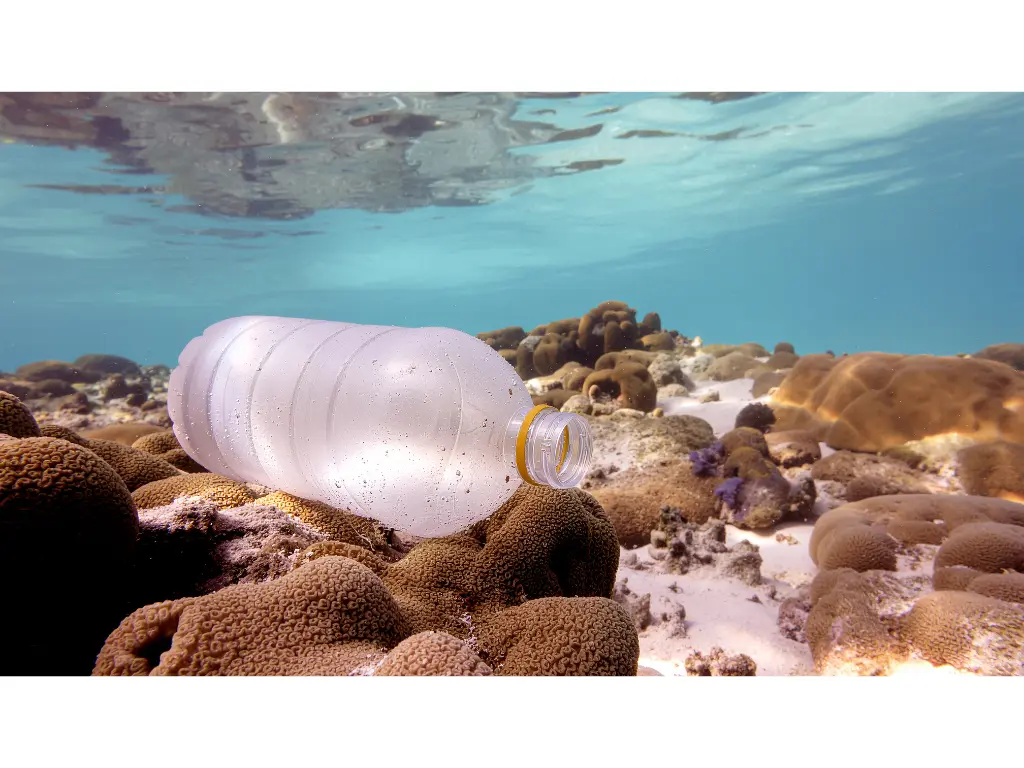- Home
- News Details
News Details

Brazil Launches National Strategy to Eliminate Ocean Plastic by 2030
2025-10-12 Reference source : Ministério da Pesca e Aquicultura
Circular economy Brazil Waste Management National Strategy for a Plastic-Free Ocean ENOP Environmental Strategy Ocean Protection Plastic Pollution
On 7 October 2025, President Luiz Inácio Lula da Silva signed Decree No. 12,644, officially establishing the National Strategy for a Plastic-Free Ocean (ENOP). The plan sets out actions through 2030 to prevent, reduce, and eliminate plastic pollution in oceans through coordinated efforts involving government agencies, businesses, and civil society.
Cross-Ministerial Action and Key Priorities
Led by the Ministry of the Environment and Climate Change (MMA), the ENOP involves several ministries, including the Ministry of Fisheries and Aquaculture, which will focus on sustainable fishing practices and the protection of coastal communities. Planned measures include large-scale waste removal, public awareness campaigns, stronger regulations, and investment in innovative technologies to replace single-use plastics.
Goals and International Alignment
Brazil is currently the 8th largest source of marine plastic pollution, releasing more than 190,000 tonnes of plastic into the ocean every year, while only 10% of global plastic waste is recycled.
Structured around eight key pillars, ranging from environmental education to promotion of circular economy, the ENOP seeks to align Brazil's policies with international sustainability targets and place the ocean at the center of its environmental agenda.
We acknowledge that the above information has been compiled from Ministério da Pesca e Aquicultura.
Global Product Compliance (GPC) specializes in Global Regulatory Compliance Solutions across sectors
globally. SSS Europe, a familiar name in chemical regulatory and compliance services now formally belongs
under the umbrella of GPC Holding Sweden.
Since 2008, we have emerged as one of the leading names among Global Regulatory Compliance Service
Providers with Representation services in Europe, Asia and Middle East for respective chemical
regulations.

 Twitter
Twitter
